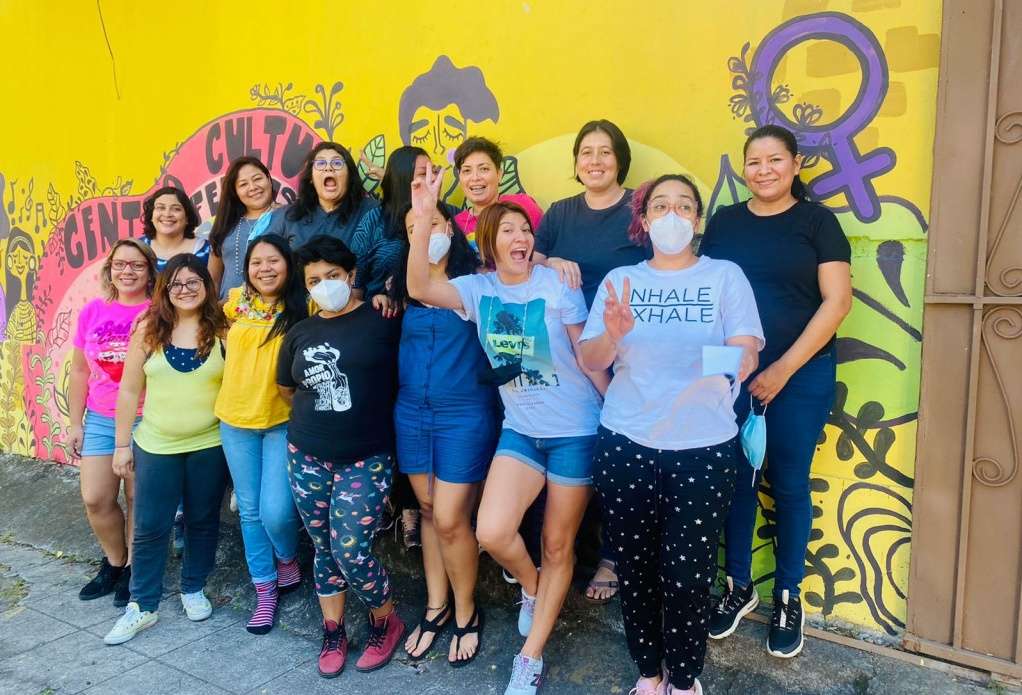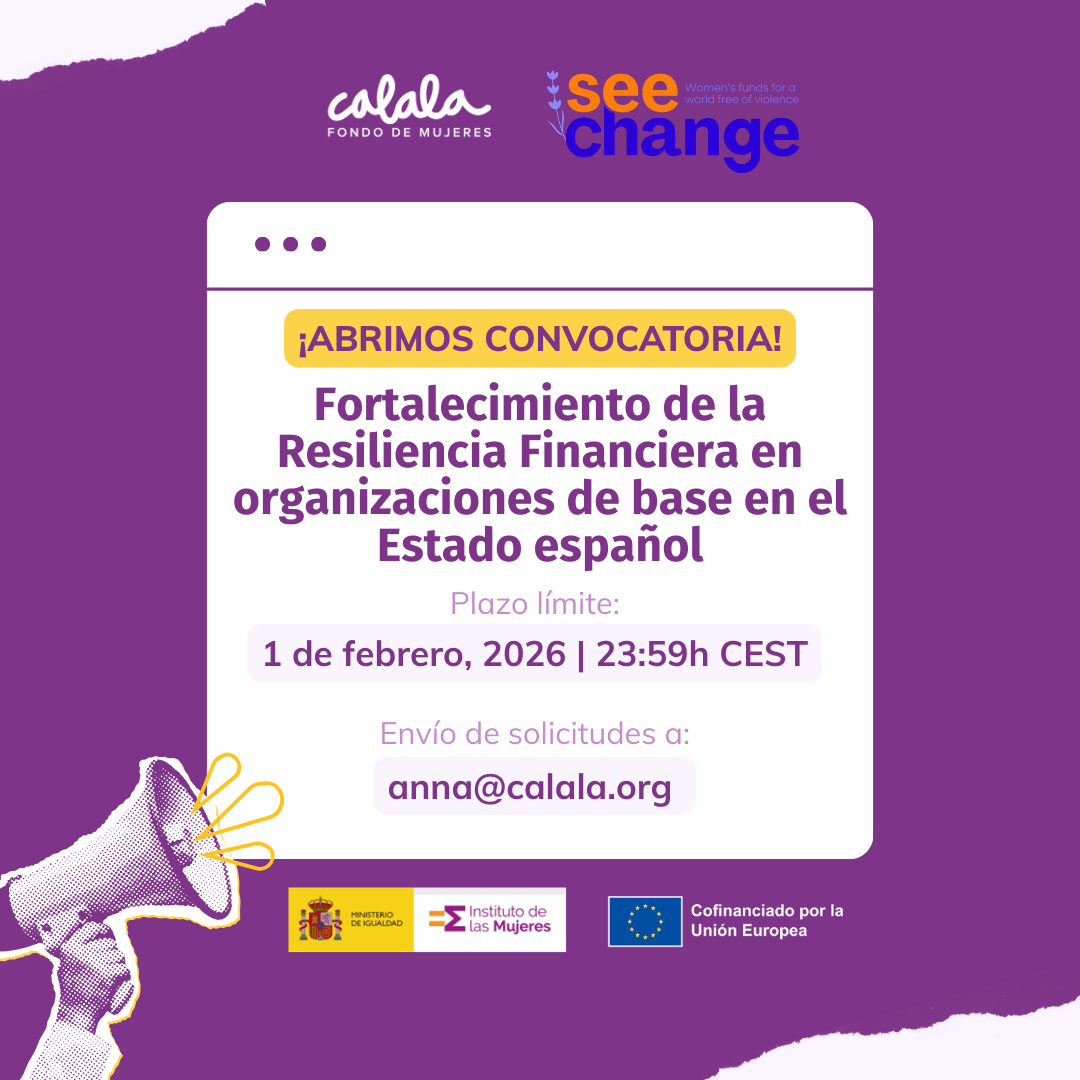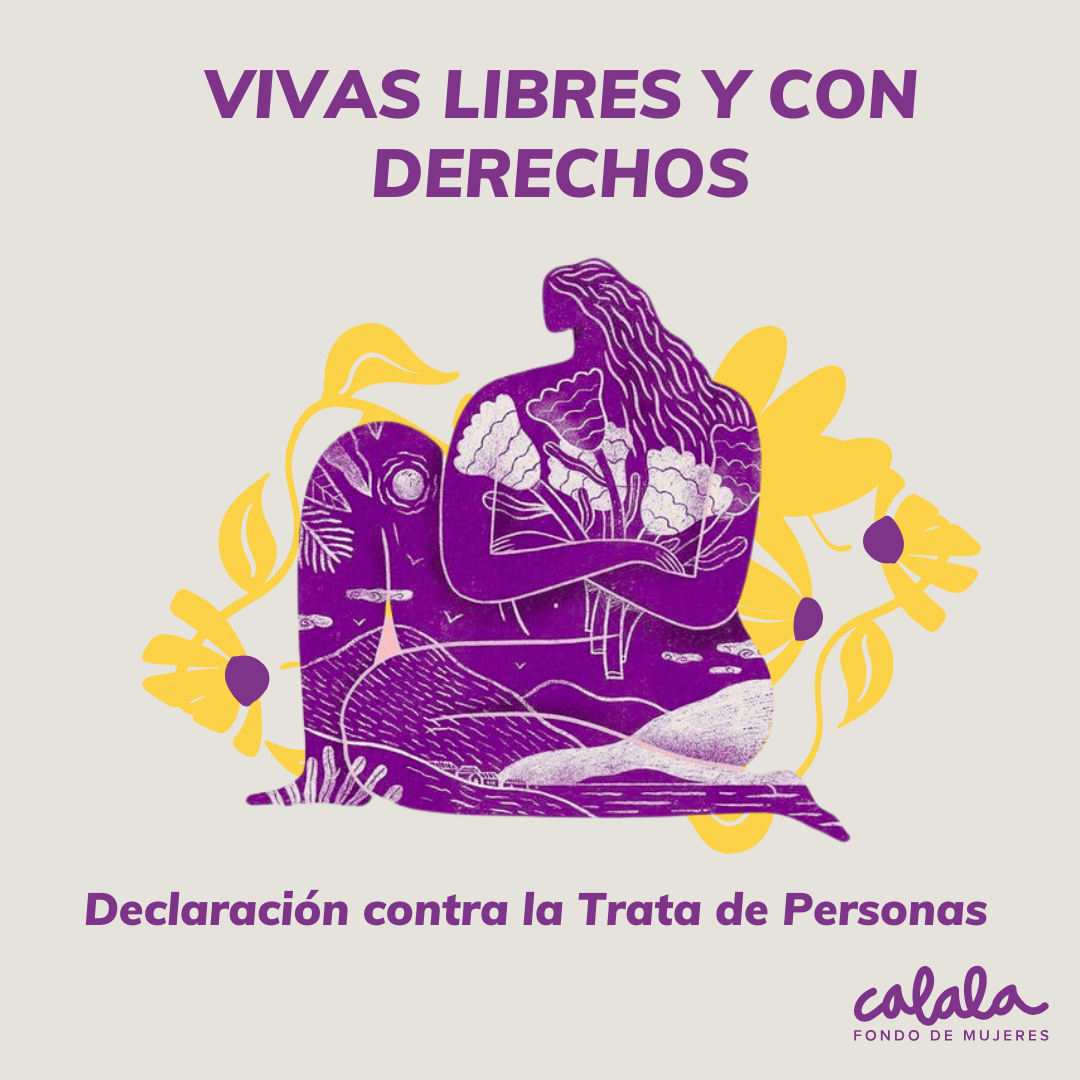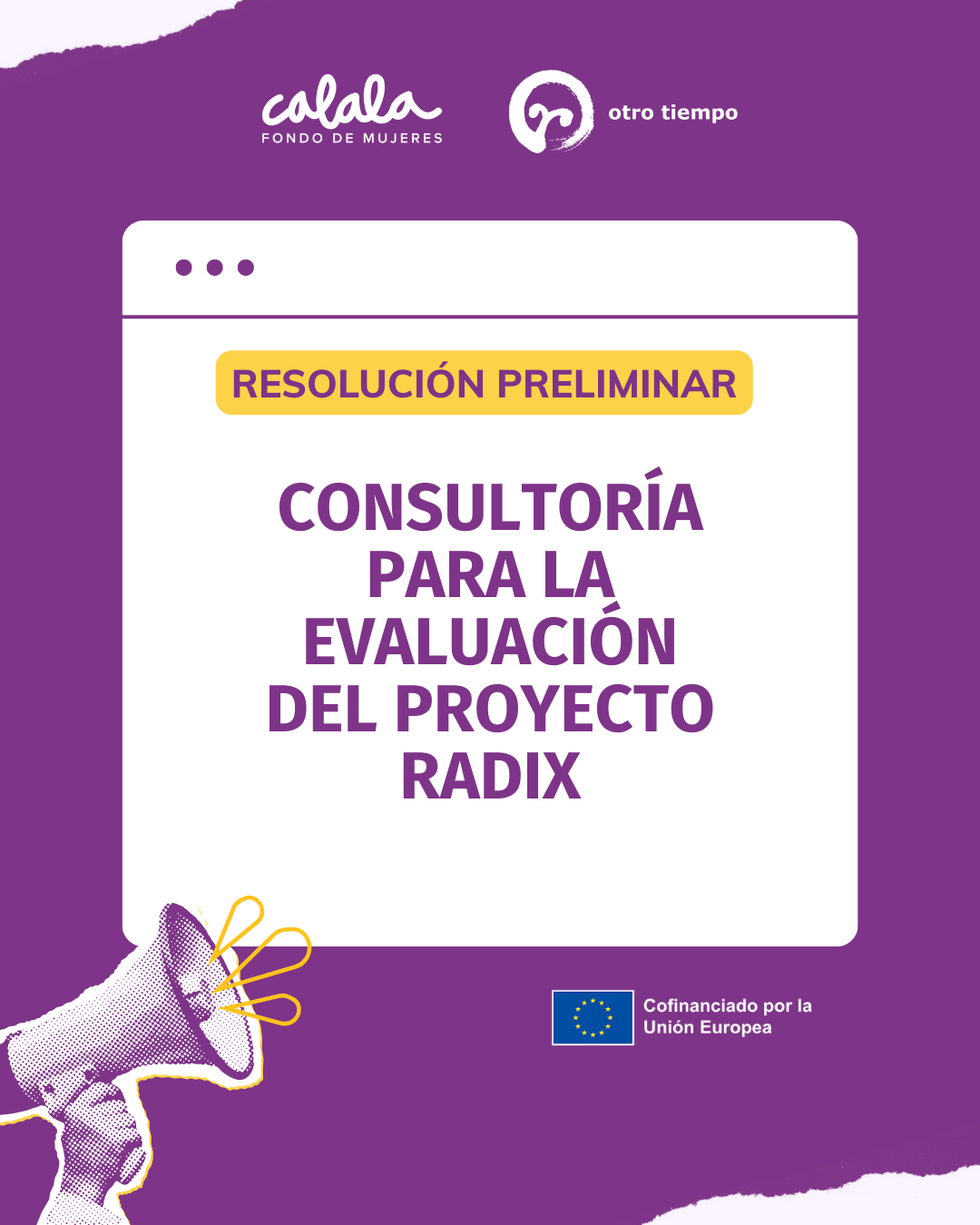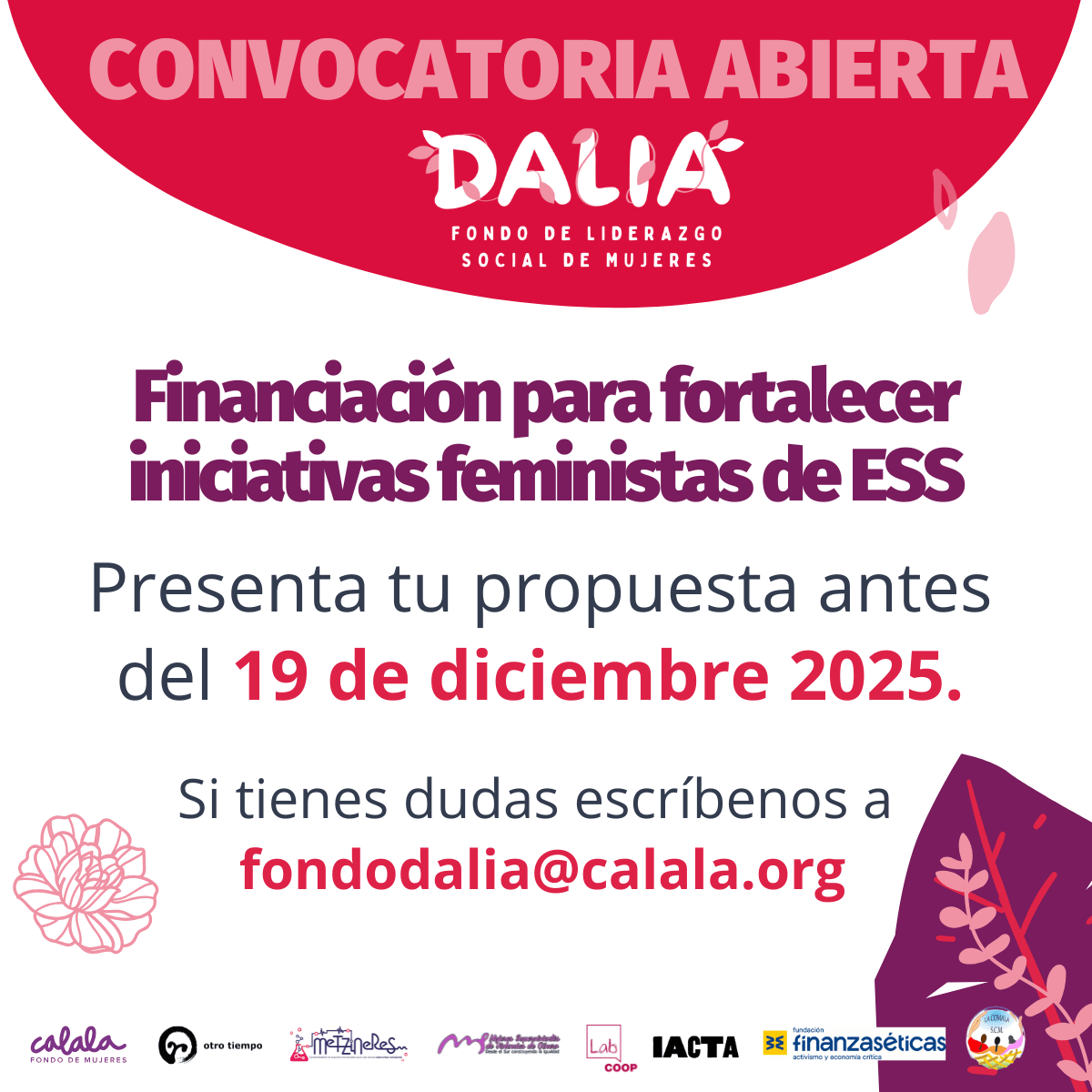Participatory grant-giving: an innovative model in the Spanish territory
The world of philanthropy is a world led by white, heterosexual, powerful men. But even in this world, cracks are opening up through which those of us who are convinced that this has to change can slip. For several years now, foundations committed to social transformation have been active in international philanthropy, we have begun to explore participatory formulas for deciding on the resources we deliver, This is known as participatory grantmaking.
At Calala we embarked on this adventure last year with a first pilot test. Quite a milestone considering that we know of no similar experience in our country. We came out of that experience happy and wiser. So, this year we have decided to deliver in this way about 80% of the funds destined to support local migrant women's organisations in Spain and women's collectives in Central America. It was the groups that submitted proposals to the calls for proposals themselves who decided which groups should be supported as a priority. Each group read out a series of proposals and voted for the ones they thought were most necessary. And this was the result.
Cheerful rebellion: 8 Central American organisations that want to turn everything upside down
Indigenous women from Guatemala who want to learn about the country's legal system and recover ancestral knowledge and know-how. Sex workers Nicaraguans that will promote their digital literacy and self-care. Garifuna youth, The Afro-Honduran people, who aspire to eradicate violence based on gender and sexual orientation from their communities. A ecofeminist collective of El Salvador, ready to mobilise for environmental justice in the face of extractivist megaprojects. Young Mayan women organised to strengthen their leadership in Guatemala. Also, trans women of Nicaragua committed to denouncing violations of their human rights. Women with functional diversity Honduran women who are going to organise the first national meeting of feminist women with disabilities. Y Salvadoran women who want to create a network of lesbian healers with expertise in psychosocial care.
Thanks to your donations, we at Calala contribute to making the dreams of all these women come true. We will deliver €6,000 with simple procedures and flexible conditions. a:
- The Association of Women Committed to the Development of Indigenous and Peasant Communities IXOQ MAYAJ
- The Cassiopeia Collective
- The Mariposa Collective 88 HN
- Daughters of Sappho
- TikNa'oj
- Kawoq Women's Collective
- Two Nicaraguan collectives whose names will not be shared for security reasons due to the current context in the country.
Migrant power: 11 collectives with a clear vision
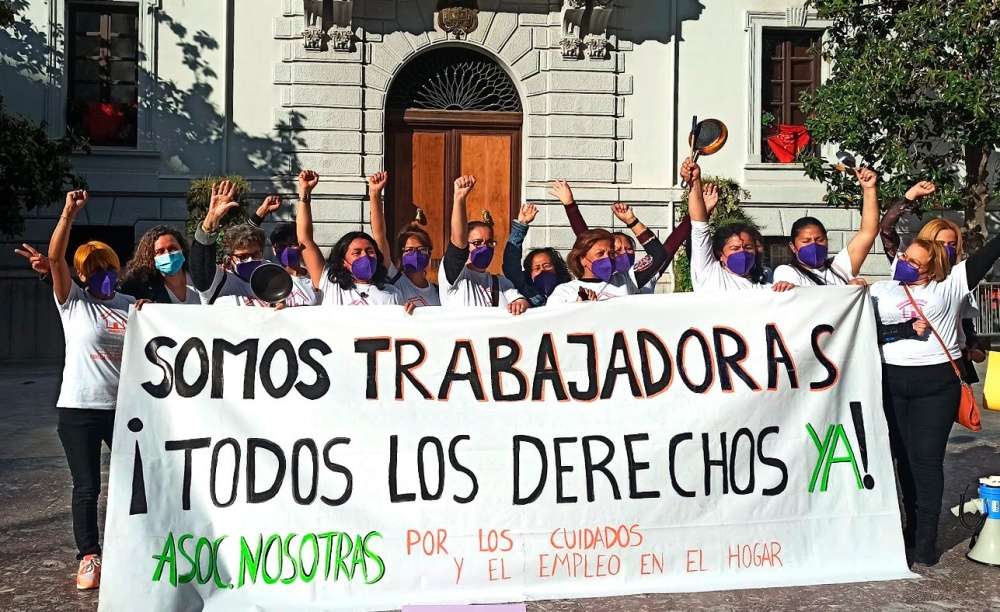
Migrant women organised in Barcelona, Bizkaia, Granada, Madrid, Malaga and Zaragoza. are clear about what they want to do with the €7,000 they will receive per organisation.. Among them are three groups of domestic and care workers which will work on their internal strengthening, promote self-financing projects for their members, address self-care and collective care, inform women about their rights and promote grassroots self-organisation. One association will set up meeting places for women affected by racist, institutional, workplace, social and intimate partner violence. Another will convene a andalusian meeting of migrant and racialised women for the construction of a common political agenda. transfeminist migrant collective generate spaces for collective healing, creative and artistic expression and political advocacy.
Lesbian refugee and migrant women activists to hold workshops on asylum and refugee procedures, Feminism and self-care. Women and migrant mothers will denounce, among other things, institutional racism in the removal of custody. Women of African descent create a virtual laboratory to strengthen the autonomous Afrofeminist movement. Lesbian and transgender will provide legal advice, sexual and reproductive rights and access to decent housing. Y mayan and mestizo Guatemalan women know and claim their rights and support migration regulation processes.
All this will be possible thanks to the strength and self-organising capacity of:
- Sembrar Association
- Biznegra
- Household and Care Workers of Zaragoza
- Sirirí Collective
- Artemis Lesbian Feminist Group
- Motherhood
- Transgressive Migrants
- Women Weaving Network
- We for Care
- Domestic and Care Workers' Union (SITRAHOCU)
- t.i.c.c.t.a.c.
